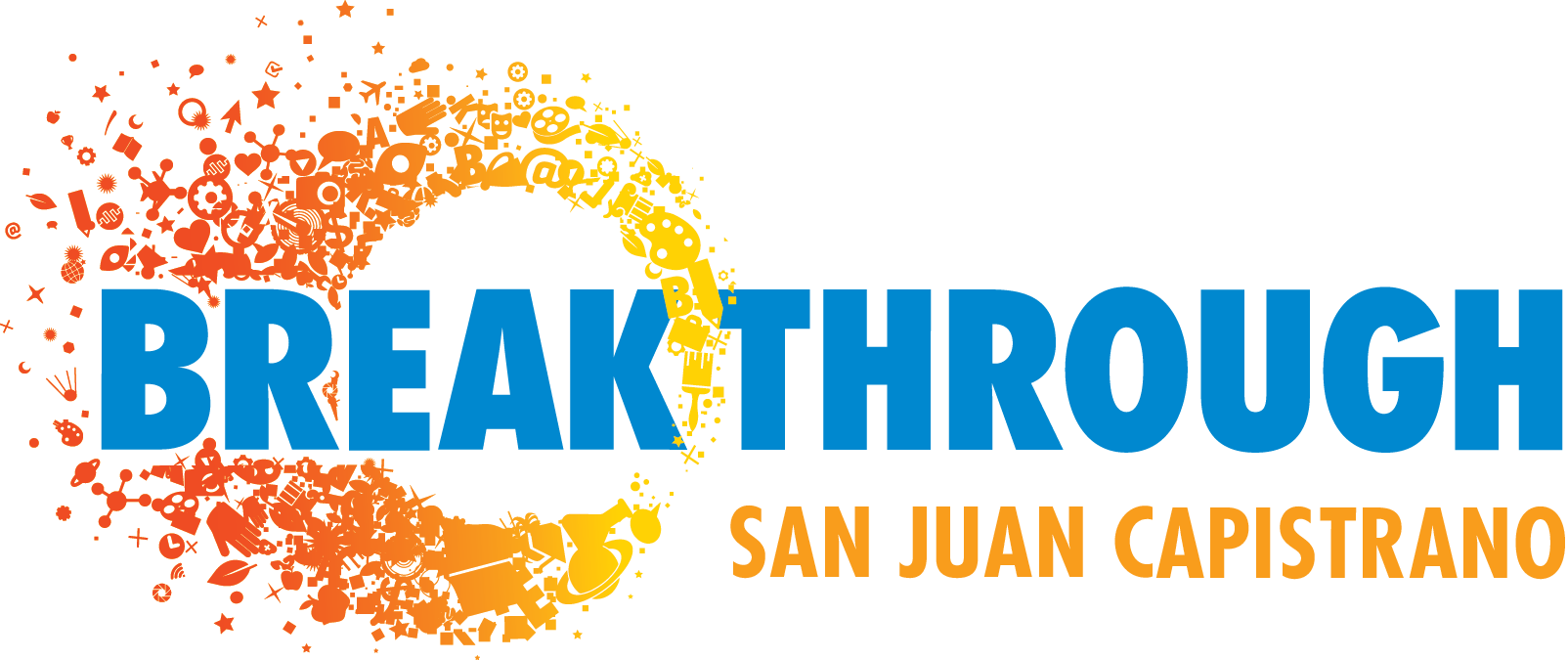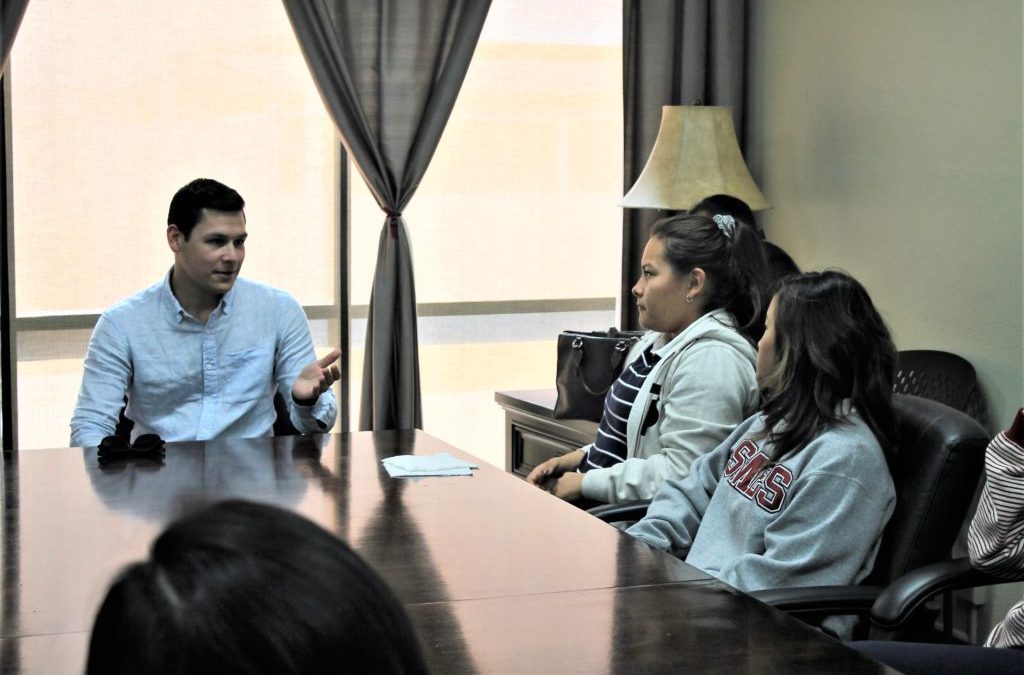Before Freddy Valencia was a Harvard Ph.D. candidate, he was a young person from Santa Ana, commuting by train to attend St. Margaret’s Episcopal School. Last week, Freddy returned to the Tartan Support Group to share about life after SMES. (Tartan Support is a part of St. Margaret’s ongoing efforts to foster a diverse and inclusive educational environment). From start to finish, his story evidences the critical role of mentors and programs that support first-generation, low-income students of color. Freddy’s story inspires us to believe that students from underrepresented backgrounds can thrive in systems of higher education and solidifies our commitment to supporting students on their journeys.
At the end of middle school, Freddy joined A Better Chance, an education nonprofit organization that connects young students of color with top independent schools. From SMES, Freddy went on to Pitzer College, where he became a McNair Scholar and was encouraged to pursue a career in the sciences. As Freddy so candidly said, “I wasn’t really interested in science until my advisor told me I could be a successful scientist…I only joined McNair because a friend told me they would pay me during the summer…I didn’t think I could pursue graduate studies at a top school.”
Now, Freddy is a fifth-year doctoral student at Harvard, where he is studying cancer gene mutation. Though he attributes his success to a strong network of support, it’s clear that Freddy is passionate about his research and has a deep curiosity for academics. He is also a distinguished leader and an advocate for underrepresented students; Freddy serves as the co-president of the Minority Biomedical Scientists at Harvard, and this spring, the Harvard Graduate School of Arts and Sciences (GSAS) named him a diversity & inclusion fellow.
In these positions, Freddy is working to combat imposter syndrome, a condition that makes it difficult for students from underrepresented backgrounds to internalize their accomplishments. (A first-generation Latino student, for example, might find it difficult to believe he deserved an acceptance to an Ivy League school, despite having earned all the markers of accomplishment—a good GPA, research fellowships, etc.). Opening up in a video interview with Harvard GSAS, Freddy said, “In deciding to come to Harvard, I had this feeling that I would have to fit the ‘Harvard mold.” Freddy is not alone in this feeling—in fact, most first-generation students find that even after being accepted to college, it can be difficult to connect with people who relate to their backgrounds and experiences. While many of their peers are focusing on the academic rigors of school, first-gen students are often concerned about finances, their families back at home, and making friends in an intense social environment.
In large part, this is why Freddy’s visit to SMES was so influential: to young Breakthrough students, Freddy is living proof that the pathway to higher education is navigable. “Dream big,” Freddy said to the group, “and know that there are opportunities for you, even in spaces where you might be underrepresented.” Reflecting on Freddy’s visit, St. Margaret’s junior, Angela Mendoza Ortega said, “I found it very comforting that he [Freddy] managed to follow his passions while going to school out of state. If he can do it, I can do it.”
If you’d like to learn more about Freddy and his research, click on the video below. Read more about the imposter syndrome here, and find out why we are committed to serving students through college graduation.


